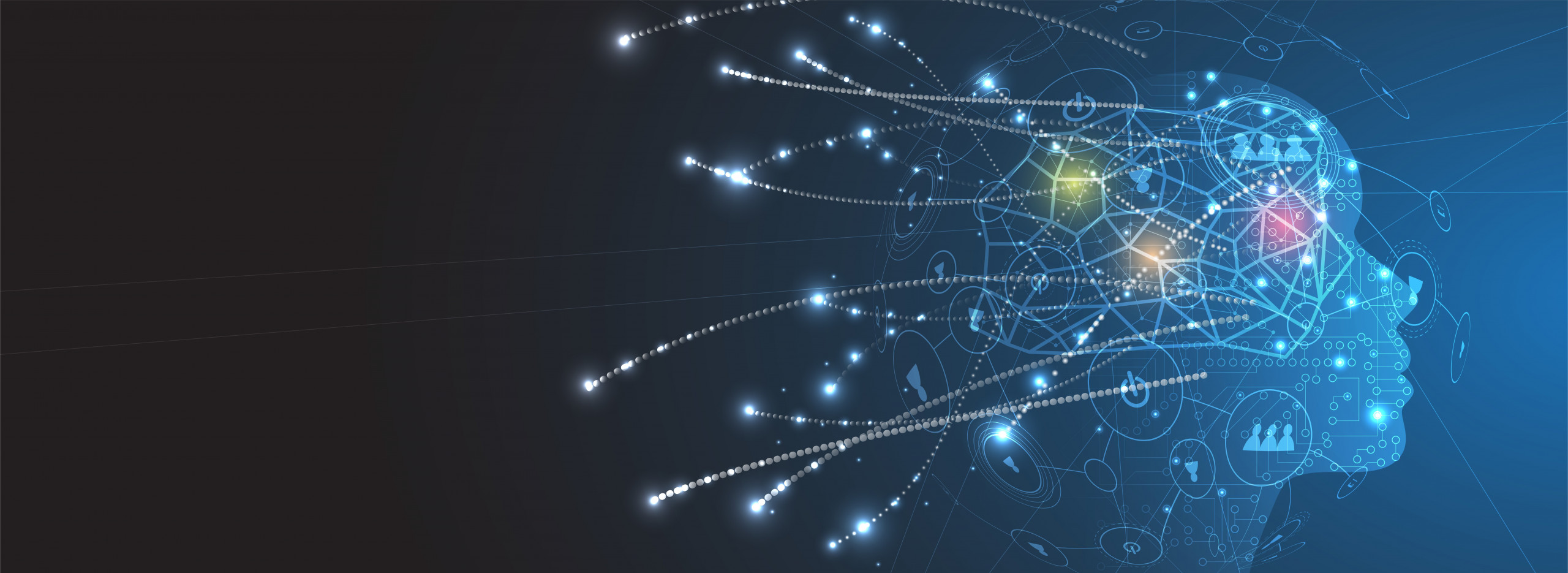Is Personal AI About to Change Everything?
By now, everyone knows that generative AI is a once-in-a-generation (if not once-in-a-century) game-changer, and the general discourse is justifiably focused on how automated coding and the instant generation of creative works will affect industries and jobs around the world. But we’re now also seeing more speculation about another radically disruptive branch of AI. Namely, personal AI.
The possibilities of personal AI were recently articulated by no less a figure than Bill Gates, writing on his personal blog. After bluntly stating that “in many ways, software is still pretty dumb” (a reassuring sentiment for those who believe AI is just steps away from rising up against us, Terminator-style), Gates went on to write:
“You can use Microsoft Word and Google Docs to draft a business proposal, but they can’t help you send an email, share a selfie, analyze data, schedule a party, or buy movie tickets. And even the best sites have an incomplete understanding of your work, personal life, interests, and relationships and a limited ability to use this information to do things for you. That’s the kind of thing that is only possible today with another human being, like a close friend or personal assistant.”
However, this state of affairs is changing, with Gates expecting that “You won’t have to use different apps for different tasks. You’ll simply tell your device, in everyday language, what you want to do. And depending on how much information you choose to share with it, the software will be able to respond personally because it will have a rich understanding of your life.”
Rise of the Agents
Such personal AI tools are known as agents, as distinct from previous, more limited iterations of this technology known as bots (a prime example being Microsoft’s now-iconic Clippy bot, who was more enthusiastic than useful). While bots have a very narrow scope and rely on users deploying key words, agents are nuanced, intuitive and their jurisdiction encompasses multiple applications.
For example, a digital shopping agent would get to know your tastes when it comes to, say, fashion. It would then be able to pick out items you’d like from a number of retailer websites, direct you to the best prices, streamline your purchases and maybe even assemble a bespoke “lookbook”.
Similarly, an Enterprise Software agent might help line managers run their departments with ease, automatically handling everything from task delegation to payroll management in a seamlessly integrated way.
Unsurprisingly, generative trailblazer OpenAI has positioned itself as one of the pioneers in this space, recently launching Assistants API, a tool which allows programmers to quickly devise digital assistants that can understand human language, execute functions, retrieve knowledge and automatically fulfil users’ goals.
In an interview with VentureBeat, OpenAI’s head of developer experience described this as a “‘baby step’ towards the future of fully autonomous AI agents”.
Startups vs Big Tech
Speaking at a Goldman Sachs and SV Angel event earlier this year, Bill Gates said it was “50-50” as to whether the company which eventually creates a fully autonomous, all-encompassing agent will be a plucky startup or a Big Tech colossus. While admitting he would be disappointed if his own baby, Microsoft, “didn’t come in there”, he also conceded that some startups are making serious headway – notably, Inflection AI.
Co-founded in 2022 by Reid Hoffman of LinkedIn fame, Inflection AI is the creator of Pi, a personal assistant which interacts with users like a trusted colleague and friend. As the company puts it, you can “Ask for advice about the big and small decisions in your life. Get motivating tips for how to learn to play an instrument, stay healthy, or pick up a new hobby.”
This summer, Inflection made headlines by securing a whopping $1.3 billion fundraise, courtesy of the likes of Nvidia, Bull Gates and former Google CEO Eric Schmidt. This mammoth cash boost will be used to further propel the company’s computing power and take the battle to its biggest rival, OpenAI.
But, lest anyone assume that major advances in personal AI are the preserve of hungry young companies (albeit with the backing of veteran eminences like Bill Gates and Reid Hoffman), the big boys are no slouches either. This year, Google DeepMind announced that is leveraging generative AI technology to create a digital life coach which can perform numerous personal and professional tasks, dispense tailored life advice, make useful recommendations and provide bespoke workout and diet plans.
The announcement has been seen as a powerful salvo in the battle for AI supremacy, and indicative – as the New York Times put it – of “Google’s effort to propel itself to the front of the AI pack”. This marks a shift in thinking, given that Google’s experts previously sounded a note of caution over the ethical considerations over lifelike AI assistants and the potential for human/AI emotional attachments.
Rich opportunities for founders
The bottom line is that a wide new field has opened up for tech founders to explore. As Gates wrote in his blog post, “In the computing industry, we talk about platforms –the technologies that apps and services are built on. Android, iOS, and Windows are all platforms. Agents will be the next platform.”
Here at Hampleton Partners, we’ll continue to closely monitor developments in this surging sector, and provide guidance to AI-focused founders and CEOs who recognise the potential of their companies. Get in touch with our expert Heiko Garrelfs for more.

